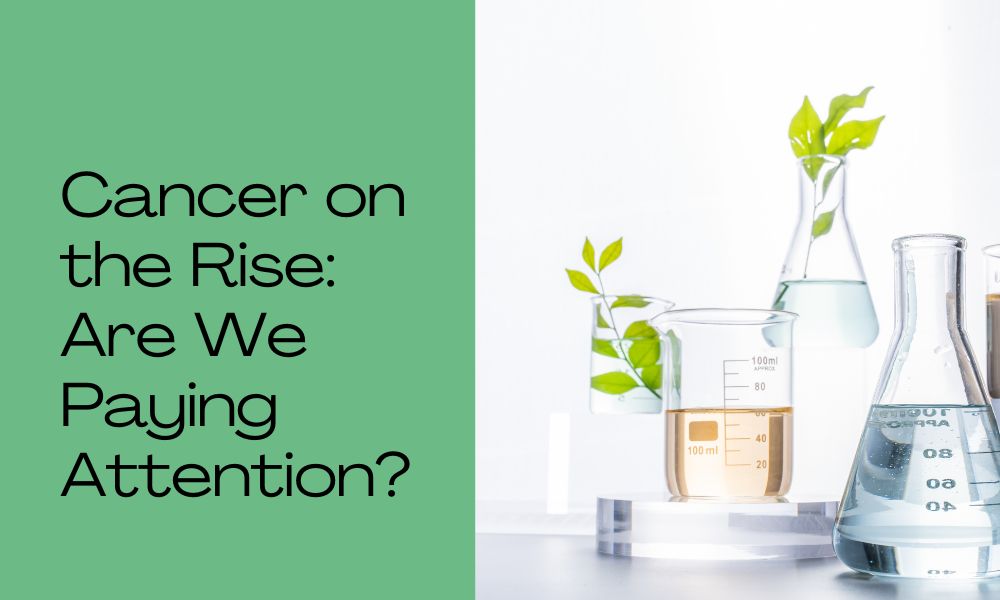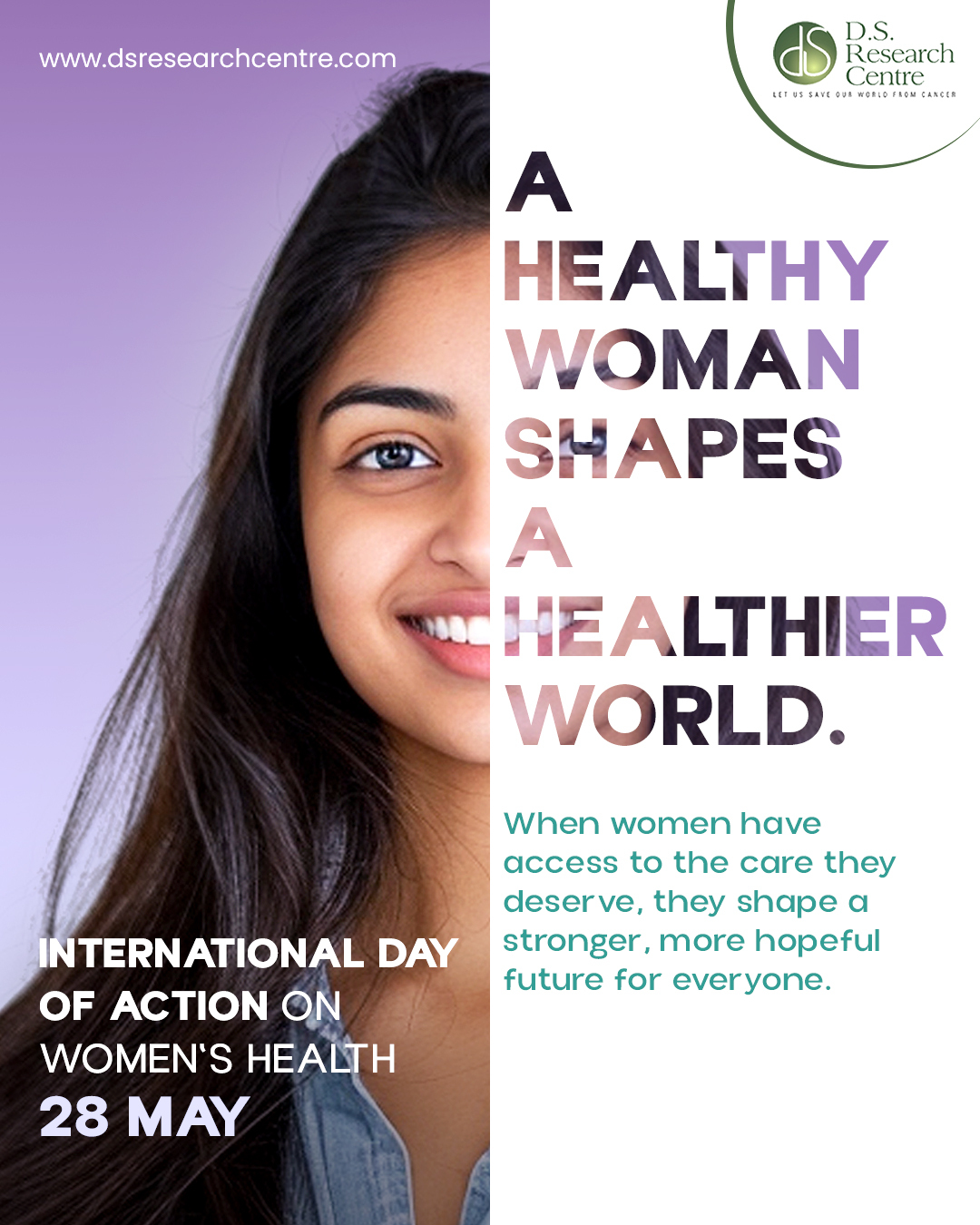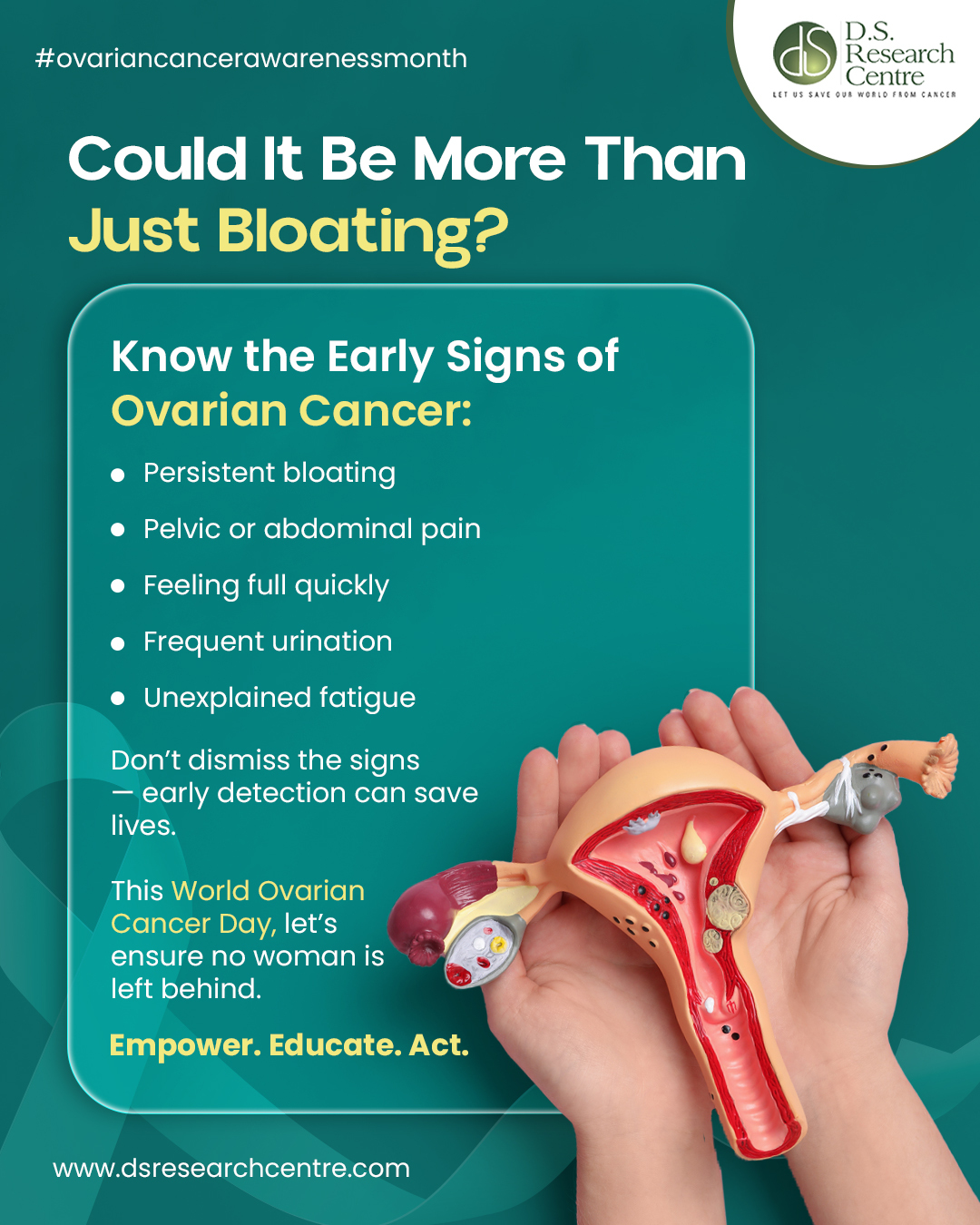Cancer is becoming a bigger problem every year. The number of cancer cases worldwide is expected to increase from 18.1 million in 2020 to almost 28 million by 2040. This is a serious issue, and it’s time to ask: Are we ready to face this challenge?
Cancer Affects Everyone
Cancer doesn’t choose who it affects—it impacts people of all ages, backgrounds, and income levels. But access to prevention and treatment varies greatly, especially in different regions, leading to unfair outcomes. This raises the question of how we’re responding globally.
Why Are More People Getting Cancer?
There are several reasons why cancer cases are increasing:
1. Aging Population: As life expectancy increases, so does the risk of cancer. Older cells are more likely to develop mutations that can lead to cancer.
2. Lifestyle Choices: Poor diets, lack of exercise, tobacco use, and alcohol consumption are major contributors to cancer risk. Many cancer cases are linked to factors we can change.
3. Environmental Factors: Things like pollution, chemicals, and pesticides can increase cancer risk, especially in industrial areas.
4. Genetics: Some people are at higher risk due to their genetics, though advances in genetic testing can help catch cancer early.
The Global Divide
Cancer doesn’t affect all regions the same way. Low- and middle-income countries often have fewer resources for early detection and treatment, leading to more late-stage diagnoses and deaths. Even in wealthier countries, many people face challenges accessing cancer care.
Current Efforts and What’s Missing
We’ve made progress with public health campaigns, like anti-smoking efforts and vaccinations. But these initiatives often miss the people who need them most, especially in rural and underserved areas. Additionally, healthcare spending often focuses on expensive treatments instead of prevention, which creates an imbalance.
What Can Be Done?
To tackle the rising cancer rates, we need to:
1. Promote Prevention: We should focus on healthier lifestyles and reducing exposure to harmful substances. Expanding vaccination programs, like those for HPV, is also crucial.
2. Improve Access: More affordable cancer treatments and healthcare infrastructure are needed, especially in remote areas. Mobile screenings and telemedicine could help bridge the gap.
3. Invest in Research: We need to continue advancing cancer research and make new treatments, like personalized medicine, available to everyone, not just the wealthy.

How D.S. Research Centre Is Changing Lives
At D.S. Research Centre, we focus on those who have been overlooked—patients who have exhausted conventional options and are often in advanced stages of cancer, including metastasis.
Unique Approach to Cancer Care
Holistic Treatment: We combine Ancient Ayurveda with our cutting-edge Nutrient Energy Therapy (NET) to provide holistic and personalized care. This integrative approach focuses not just on treating cancer but on strengthening the patient’s overall well-being.
Personalized Care Plans: Our expert team of Ayurvedacharyas and dietitians crafts tailored treatment regimens for every patient, addressing their unique needs and challenges.
Transformational Results: Many of our patients, even those with metastasis, have seen remarkable improvements in their quality of life. These cases demonstrate how innovative, integrative care can bring hope where conventional medicine falls short.
Stories Worth Studying
The success of patients treated at D.S. Research Centre highlights the importance of blending traditional and modern approaches in cancer care. These cases are worth studying to understand how integrative treatments can redefine the spectrum of care, offering new possibilities for patients and healthcare providers.



Let’s Act Together
The rise in cancer is a global challenge. It’s time for governments, healthcare providers, researchers, and communities to unite and fight back. By focusing on prevention, improving access to care, and investing in research, we can make a real difference in the fight against cancer.Now is the time to act. Let’s come together to reduce the impact of cancer and save lives.









Posted on April 15, 2016
Posted on April 15, 2016